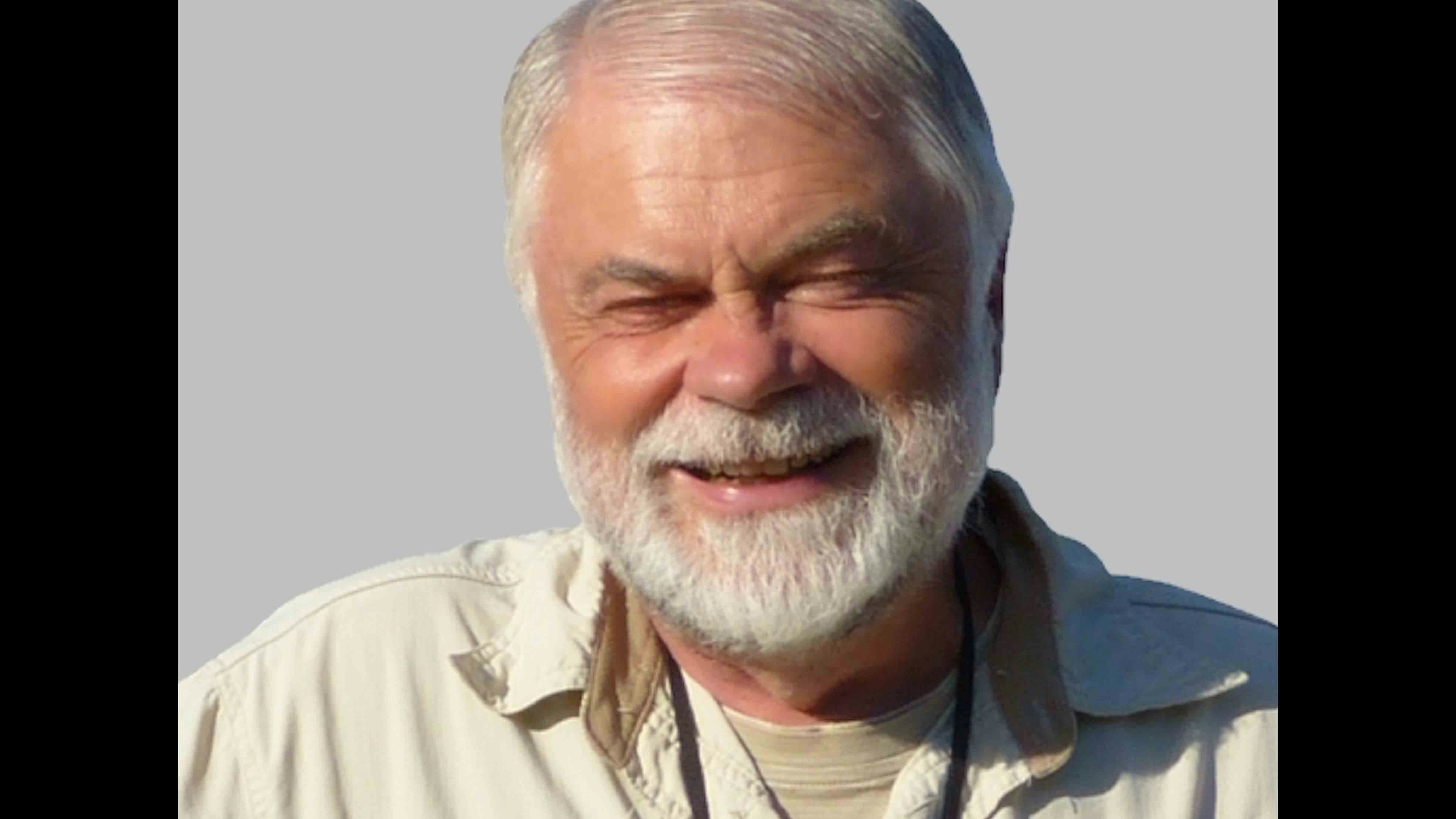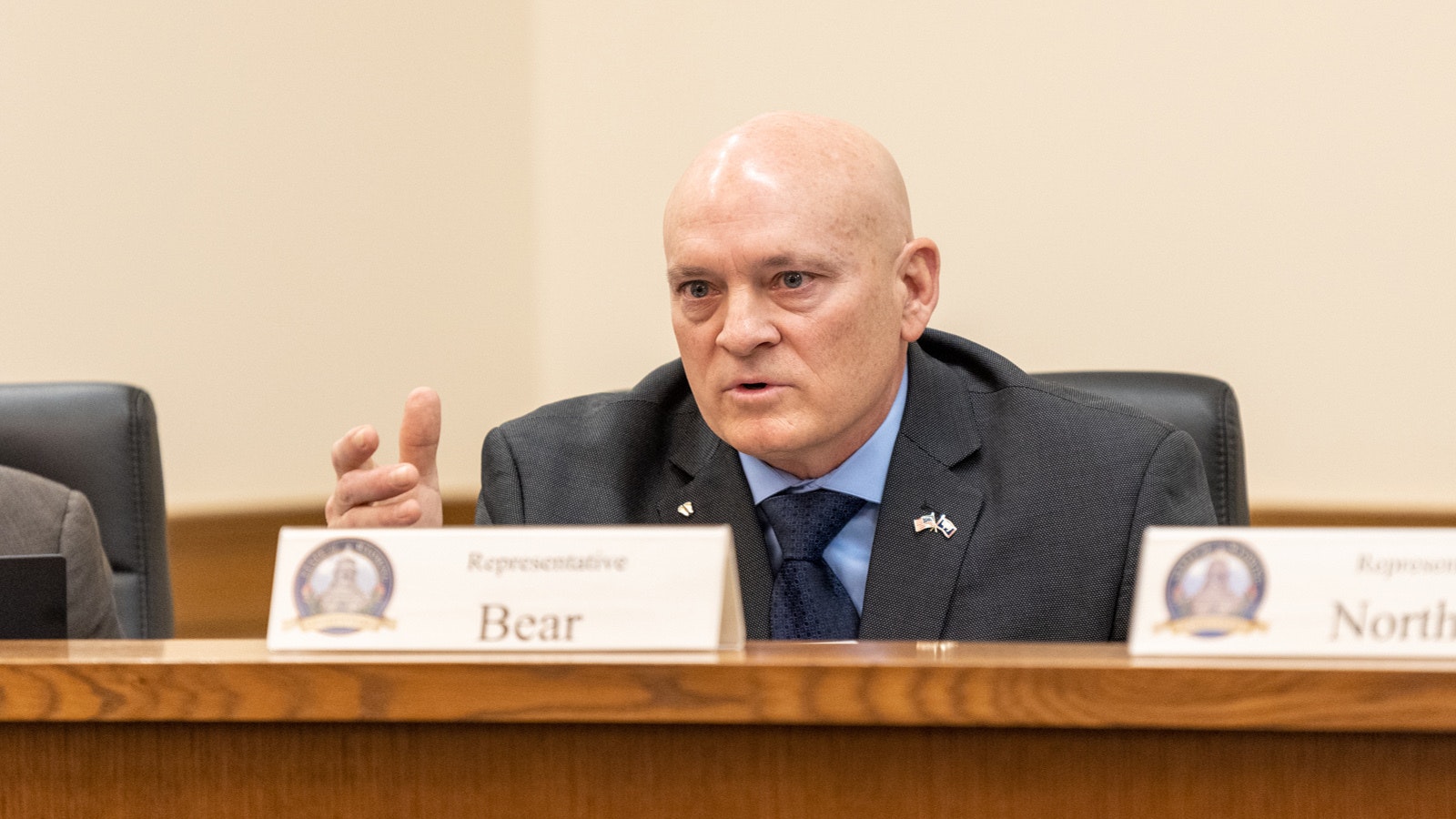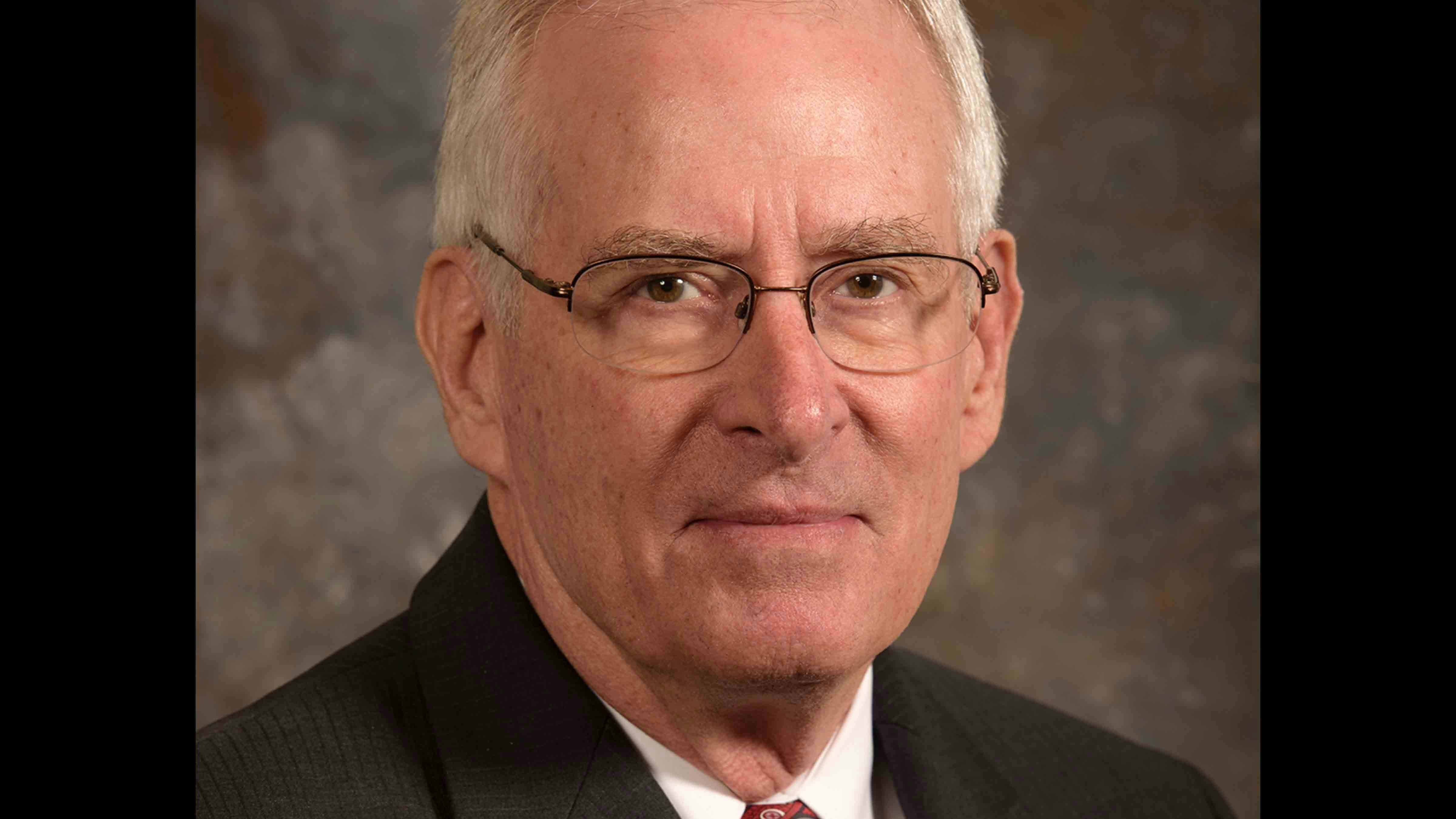Senate File 111 proposes to offer separate licenses for mule deer and whitetail deer, whereas currently hunters must select one or the other.
So, what could be wrong with that? The short answer is…the bill is being debated with a lot of bias against whitetails.
The primary sponsor of the bill Senator Ogden Driskill, who owns land near Devils Tower, has called whitetail deer “a noxious weed."
Bill Sniffin, a columnist from Cowboy State Daily, recently suggested that “whitetail deer move to Montana or Colorado."
Other public comments on social media have had a similar tone including, “Give the mule deer priority and have no limits on (hunting) whitetails in the Rocky Mountain states," and “…whitetails are nothing more than an ungulate coyote."
Most of these comments are being made under the highly questionable assumption that whitetail deer have something to do with the statewide decline in the mule deer population.
With these and similar opinions, how can we trust that fair and balanced decision making will take place regarding whitetail deer management?
Fair and balanced wildlife management is important to me, and it should be to you. I have hunted whitetail deer in the Black Hills almost every November for the last 40 years. It is one of my favorite hunts.
I love whitetails and don’t look kindly upon prejudice against them. I know I’m not alone in that opinion, because every year I see many (usually too many) Wyoming hunters trying to connect with a nice whitetail buck where I hunt.
I hunt exclusively on public land after learning repeatedly it is difficult to gain access to private land.
If SF111 were to pass, presumably hunters will be allowed to purchase two deer licenses, a mule deer license and a whitetail license (the details would likely be determined by the Wyoming Game and Fish Commission).
Currently, most Wyoming residents chose to use their only deer tag to hunt mule deer. But many dedicated whitetail hunters, like me, save their tag for the Black Hills November hunt.
If all, or many, residents are allowed to buy two deer tags, the Black Hills would be overrun with hunters which would ruin the hunt for everyone.
It is especially objectionable to think that some of the horde of hunters would be attempting to fill a second tag. And the reverse is also true; whitetail hunters would be eligible for a mule deer tag.
Do dedicated mule deer hunters really want more competition during their hunt?
The primary goal of the SF111 appears to be to control the whitetail population in the Black Hills (and to a lesser extent elsewhere in the state).
But eviscerating the population with crowds of hunters is not the way to do it. It does a disservice to the whitetail deer and the people who love to hunt them.
A better way to manage population levels would be to issue more public land either-sex whitetail tags during cyclical high points in the population (traditionally it’s been bucks only on public land in the Black Hills).
Lack of access to private land is a major issue, and this bill does nothing to address that problem.
Instead, it appears supporters are promoting the bill with the belief that if we dramatically reduce whitetail numbers on public land, it will decrease the population on private land. It would be much better for private landowners, who complain about too many deer, to allow more public access.
My love for whitetails does not mean I am anti-mule deer.
I am very concerned about the long-term decline in the Wyoming mule deer population. There are many reasons for this decline, and competition from whitetails is FAR down the list. High on the list is obstruction of migration corridors for which I have been advocating protection for years.
Let’s kill SF111 and manage whitetails without bias! Game and Fish already has sufficient authority to manage mule deer and whitetails for the maximum benefit of those who value them.
The separate seasons proposal has great potential to backfire on those of us who value whitetail deer, and it will do little to enhance mule deer populations.
Earl DeGroot, MS, MPA is a retired management consultant from Cheyenne. He is the administrator of the Wyoming Sportsmen for Federal Lands Facebook page.





